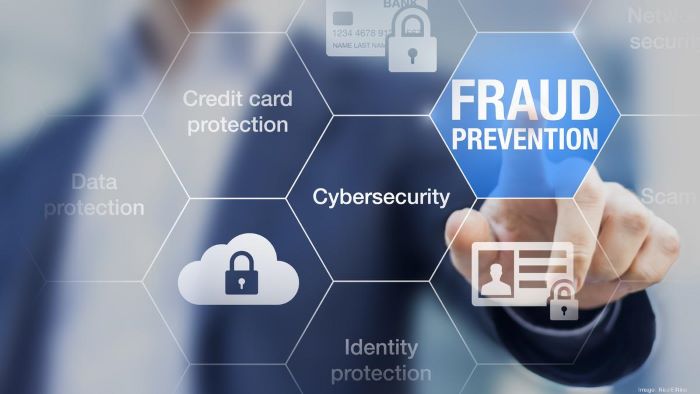Owning a business is a huge responsibility, and as the owner it is important to ensure your assets are protected at all times. Fraud, data breaches, and cyber attacks can have serious financial and legal consequences if not managed properly. To help you protect your business from these threats, here are 8 tips for creating a secure environment:
- Establish a comprehensive security policy: Develop a comprehensive risk management plan outlining your expectations for managing data and systems. Make sure to review the policy regularly and update it as needed. The plan should include regulations on accessing, storing, and sharing data.
- Educate staff on cyber security best practices: Educate everyone in your organization on the importance of cyber security and provide training on safe practices such as password protection, avoiding phishing scams, recognizing suspicious emails, and more. When onboarding new staff, make sure to include cyber security training in their orientation.
- Implement a strict policy for data access: Set up protocols and processes that limit who has access to sensitive information within the organization. Make sure everyone has the least amount of privileges necessary for their job role and regularly audit user permissions to ensure they are up to date.
- Regularly monitor financial processes: Monitor financial processes regularly and look for any unusual or suspicious activity. This includes checking bank accounts, transactions, and credit card statements. If you detect any discrepancies, investigate and take action immediately. Always keep records of any financial transactions as they can be used to detect fraud or other irregularities.
- Purchase general liability insurance: Invest in a comprehensive general liability insurance policy to protect your business in case of lawsuits or claims related to theft, data breaches, and other cyber-related incidents. For example, if a customer’s data is stolen as a result of an attack on your systems, this insurance could cover the costs associated with legal action brought against you.
- Enforce strong password protection: Require all employees to use strong passwords that are changed regularly. Utilize two-factor authentication whenever possible and limit access to critical accounts by using dedicated user accounts for administrators and other privileged users.
- Invest in data security technology: Investing in the right data security technologies can help keep your company safe from malicious attacks. Consider investing in firewalls, anti-malware software, encryption solutions, and secure remote access tools to protect your network from external threats.
- Stay up to date on industry regulations: Make sure you understand any laws and regulations related to the protection of customer data and other business assets. Staying up to date on industry standards can help ensure you’re in compliance with applicable laws and protect your business from potential legal liability.
These 8 tips can help you create a secure environment for your business and protect its assets. However, it is important to be aware of the legal consequences that could result from failing to take the necessary steps to protect your business. Depending on the severity of an incident or data breach, companies can face substantial fines and even criminal liability if they fail to comply with applicable regulations.
What are the Legal Consequences of Not Protecting Your Business?
The legal consequences of not protecting your business from fraud, data breaches, and cyber attacks can be severe. Depending on the circumstances, companies may face hefty fines or even criminal charges for failing to comply with applicable laws and regulations. Additionally, negligence or recklessness regarding protecting customer data could lead to lawsuits brought against your business by those affected by the breach.
By taking the necessary steps to protect your business and its assets, you can avoid these serious legal consequences and keep your assets secure.
Do you have any other questions about ways to protect your business from fraud and cyber-attacks? Feel free to reach out to us for further advice on securing your business. With these tips, you’ll be well on your way toward creating a safe environment for your business.


